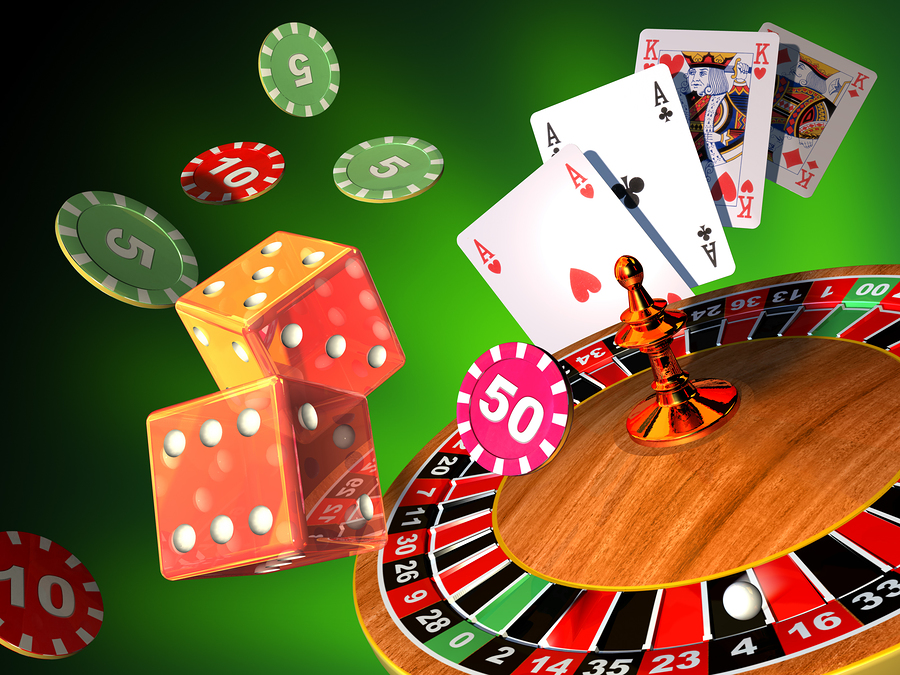
Casino games have been a source entertainment and thrill for numerous players around the globe. One of the key factors that make these games captivating is the variety of playing cards employed in various types of games. Grasping the different types of cards can enhance your experience and refine your gameplay strategies. Regardless of whether you are attracted to traditional card games like Texas Hold’em and 21 or modern casino games, each game depends on a unique set of cards that influences the regulations and the rhythm of play.
In casino settings, cards appear in various forms, each designed to fit the needs of particular games. From regular decks to custom card variations, the diversity plays key role in molding the mechanics of each game. By familiarizing yourself with these cards and their uses, you can gain deeper insights into the games and make better decisions at the table. This understanding not only enhances your overall gaming experience but also contributes to a higher-level approach to your chances of success.
Types of Playing Cards
When discussing casino games, the type of playing cards used can greatly impact the gameplay and strategy. The most common deck is the traditional 52-card deck, which consists of 4 suits: spades. Each suit contains 13 ranks, from Ace to King. This standard deck is essential in many games, such as blackjack, where players aim to form the best hand possible or get as close to 21 as they can.
Some casino games use unique decks specifically designed for those games. For example, the popular game of baccarat often uses various decks shuffled together, typically 6 or 8. This not only increases the complexity of the game but also impacts betting strategies, as players must consider the higher number of cards in play. Additionally, some games may introduce jokers or wild cards, providing further diversity and thrill to the gaming experience.
In niche games, custom decks may come into play. For example, in games like Bridge or pinochle, players might use unique rules with different card values or roles. These variations keep the gameplay fresh and allow for varied strategies to emerge. Understanding the various types of playing cards and their particular uses in various casino games is key to enhancing one’s gambling experience and improving overall results at the tables.
Deck Modifications in Gambling Games
In gambling games, the type of set of cards utilized can significantly affect both the gameplay and the tactics used by participants. Most classic card activities, such as 21 and five-card draw, typically use a regular 52-card deck. However, modifications do exist where extra wild cards or even multiple decks are used. For instance, in blackjack, some gaming establishments may employ one to eight packs, which can change the probabilities and the basic strategy required to play effectively. Players must be aware of the deck makeup, as it affects the casino advantage.
Another common variation in casino playing card games is the use of themed or custom decks. For instance, some poker activities might use a set of cards that features unique images or patterns, which can enhance the atmosphere at the gaming table. These custom decks often function to distinguish between different game formats or loyalty programs within the casino. While the traditional guidelines of the game remain the same, the visual appeal can influence participant engagement and enjoyment.
Lastly, the mixing methods used with different kinds of packs can also impact gameplay. Casinos often utilize automatic shufflers that can effectively reorder several decks efficiently, making card counting more difficult. The frequency and manner of shuffling can vary widely based on the game and the casino’s policies. Comprehending these deck variations is important for any participant looking to improve their tactics and overall enjoyment in casino activities.
Significance of Playing Card Values
In casino activities, the worth of each playing card plays a key role in determining the consequences of various games. Various games assign specific worths to playing cards, influencing strategies and gamer decisions. For case, in 21, cards numbered 2 through ten are valued at their nominal worth, while court playing cards hold a value of ten, and the ace can be worth either one or 11. Comprehending these worths allows gamers to make informed decisions during gameplay, enhancing their odds of success.
Similarly, in poker, the importance of card values extends to combinations and hand hierarchies. High worth playing cards can form stronger combinations, such as pairs, straights, or flushes, which are essential for success in the game. KUBET – KU CASINO Gamers must assess not only their personal hand but also potential hands their rivals might hold. This strategic complexity adds interest and challenge, making card worths a key factor in poker’s attraction.
Furthermore, the psychological element of card values cannot be overlooked. https://kubet.memorial/ Gamers may use the awareness of card worths to mislead or confuse their opponents. By grasping how a card’s value can change the game’s dynamics, players can more effectively navigate hazards and gains, creating a exciting atmosphere in casino activities. Whether competing for entertainment or for actual cash, knowledge of card worths significantly shapes the overall playing encounter.
